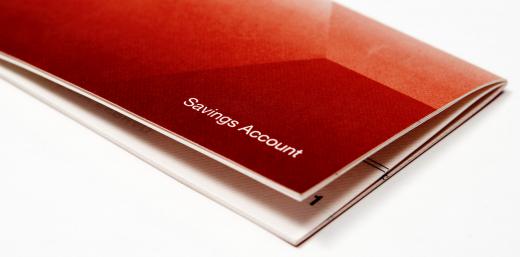A Christmas club savings account is a short-term savings account into which a person puts a set amount of money at designated intervals throughout the year to spend on Christmas shopping. This type of account is designed to help people avoid the stress and financial strain of having to come up with a lot of money around December or January to pay for holiday gifts. Many local banks and credit unions offer this type of savings account, and they often come with favorable interest rates.
Most of these accounts are opened in January. While there may be some institutions that require a minimum deposit to start, most do not. The account is left open through the end of October, at which time the owner can withdraw the money and have enough funds for holiday shopping.

For instance, if a person decides to deposit $10 US Dollars (USD) into his account each week from the first week of January to the end of October, he will have saved $420.00 USD. If that weekly deposit is doubled to $20 USD, he will have nearly $1,000 USD reserved for Christmas shopping. As an added bonus, many financial institutions offer interest compounded quarterly because the owner agrees to leave the money invested for a short, but definite, period of time.

As a rule of thumb, financial experts suggest that total holiday shopping expenses should not exceed 1.5% of a person's total income. People should select an amount for regular deposit that they are comfortable with and that meets their goals, however. The concept can also be applied to other savings goals, like saving for plane tickets for a vacation.

Setting up a Christmas club savings account is usually easy, since many banks and credit unions offer this type of account. It is sometimes possible to set up a direct deposit from existing accounts and to make deposits electronically online. Establishing the discipline to save small amounts throughout the year in a is typically much easier than coming up with excess cash all at once and much smarter than dealing with mounds of bills in January.
